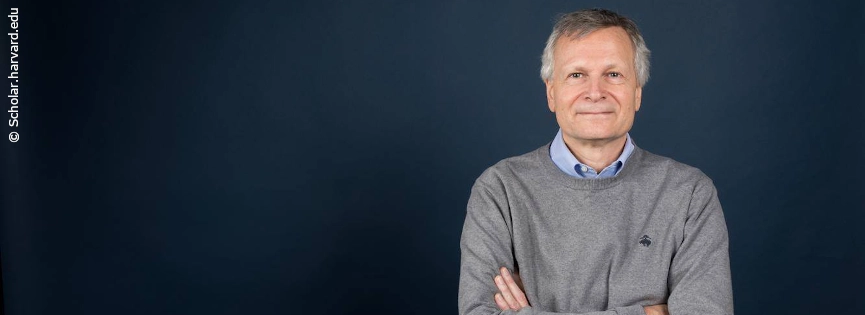Main content
Dani Rodrik 2020 Princess of Asturias Award for Social Sciences

Mr. Dani Rodrik's message of thanks at the presentation of the Princess of Asturias Awards, held on 16th October 2020
Your Majesties, Your Royal Highnesses, Distinguished Laureates, Ladies and Gentlemen,
I want to convey to you my profound thanks for this great honour. I am sorry that I cannot do this in person due to travel restrictions necessitated by the pandemic.
The Jury noted that my work addresses the question of how we can make globalisation serve society. It might seem obvious that the point of the global economy is to improve the material and social conditions of people everywhere. Yet it is remarkable how, in recent decades, our thinking on globalisation has taken an odd turn. Globalisation has become the end, rather than the means.
Instead of asking ‘How can we design international economic arrangements so that each nation can enjoy the fruits of inclusive prosperity and economic security?’, we have asked ‘What should each nation do to foster international trade and finance?’. The Right and Left of the political spectrum agreed that globalisation was inevitable and disagreed only on the details of what each nation has to do to ready itself for it. For the Right, the answer was deregulate the economy and lower taxes; for the Left, it was invest in skills, education and infrastructure. But in both cases, it was us adjusting to global economic forces, rather than the other way round.
It is as if globalisation fell on our lap from the sky ready-made and uncontrollable. In reality, of course, every aspect of globalisation –the trade agreements and the bank regulations that shaped it– were devised by particular interest groups. Banks, corporations, technocrats led the way and it is no surprise they were the big winners.
The pandemic itself is a devastating example of how skewed the designers’ priorities were. The global rules prioritize economic and commercial motives. We could have chosen instead to privilege different dimensions of our global interdependence. We might have built a globalisation of public health, targeted at preventing and mitigating health pandemics through global public goods such as advanced warning systems, medical research, vaccines. We could have built a global environmental regime, tackling climate change through decarbonisation policies and adequate resource transfers to the developing world. We could have made international labour organizations –UNESCO, UNICEF– as important and powerful as the IMF, WTO and the OECD.
So I believe the real question we face is not more or less globalisation, whether we should be for or against globalisation, but what kind of globalisation we want and whose voice should count as we define the we.
I am a firm believer that we can devise a globalisation that helps societies manage their economic and non-economic challenges, while steering clear of knee-jerk nativism and xenophobia.
I consider this award as recognition that such a globalisation is indeed feasible.
Once again, I express my gratitude to all of you and to the people of Asturias.
End of main content
